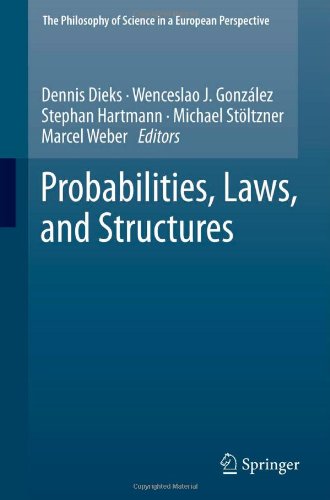

Most ebook files are in PDF format, so you can easily read them using various software such as Foxit Reader or directly on the Google Chrome browser.
Some ebook files are released by publishers in other formats such as .awz, .mobi, .epub, .fb2, etc. You may need to install specific software to read these formats on mobile/PC, such as Calibre.
Please read the tutorial at this link: https://ebookbell.com/faq
We offer FREE conversion to the popular formats you request; however, this may take some time. Therefore, right after payment, please email us, and we will try to provide the service as quickly as possible.
For some exceptional file formats or broken links (if any), please refrain from opening any disputes. Instead, email us first, and we will try to assist within a maximum of 6 hours.
EbookBell Team

4.1
90 reviewsThis volume, the third in this Springer series, contains selected papers from the four workshops organized by the ESF Research Networking Programme "The Philosophy of Science in a European Perspective" (PSE) in 2010: Pluralism in the Foundations of Statistics Points of Contact between the Philosophy of Physics and the Philosophy of Biology The Debate on Mathematical Modeling in the Social Sciences Historical Debates about Logic, Probability and Statistics The volume is accordingly divided in four sections, each of them containing papers coming from the workshop focussing on one of these themes. While the programme's core topic for the year 2010 was probability and statistics, the organizers of the workshops embraced the opportunity of building bridges to more or less closely connected issues in general philosophy of science, philosophy of physics and philosophy of the special sciences. However, papers that analyze the concept of probability for various philosophical purposes are clearly a major theme in this volume, as it was in the previous volumes of the same series. This reflects the impressive productivity of probabilistic approaches in the philosophy of science, which form an important part of what has become known as formal epistemology - although, of course, there are non-probabilistic approaches in formal epistemology as well. It is probably fair to say that Europe has been particularly strong in this area of philosophy in recent years.